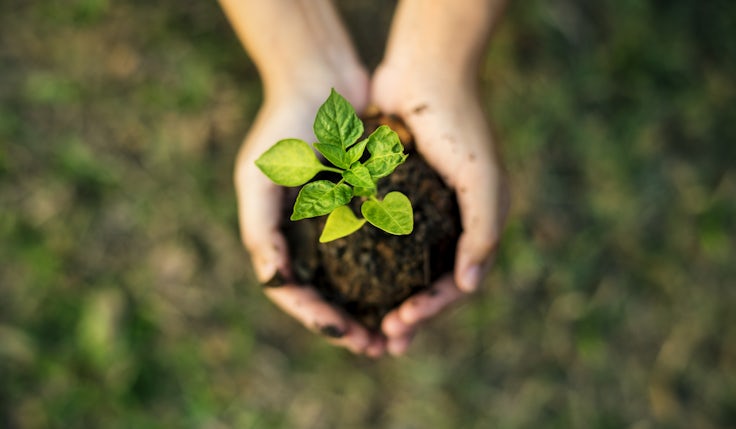The 2022 Agenda: Brands must start delivering their sustainability promises
As we look ahead to 2022, Marketing Week has identified the key opportunities and challenges that will shape marketers’ roles. We are flagging what we think you should be spending your time and money on – and why, but equally it is a commitment from us to focus on these topics next year.
Sustainability has become an increasingly hot topic in recent years, steadily rising up the agenda for consumers and brands alike. While environmental and social issues were once the focus of a small subset of consumers, sustainability is now a consideration for a far wider group of shoppers. And they’re placing greater responsibility on brands to keep them proactively informed. But according to research from Kantar, 70% of consumers say they aren’t currently given enough information on the topic.
In recent years brands have been queuing up to show their roadmap to carbon neutrality, and for good reason. Not only is it the right thing to do, failing to address the issue could potentially hit the bottom line.
The Kantar research also finds 42% of shoppers have ditched a product or service due to a brand’s track record on sustainability. Given eco-friendly shoppers are set to spend $925bn (£672.8bn) annually in the next five years – double what they spend today – brands could be shutting themselves off to billions if they don’t start making progress.
But as the old adage goes, actions speak louder than words. The UN’s annual climate change conference (Cop26), again highlighted the need for more sustainably driven policies, products and practises, and there is now
an expectation that brands start delivering on their promises.
Greenwashing is a concern though. Research from the Chartered Institute of Marketing reveals 49% of marketers are ‘weary’ amid fears of being accused of greenwashing, while 45% admit they feel under pressure when it comes to sharing credentials on sustainability.
One suggestion from Marketing Week columnist and director of Passionbrand, Helen Edwards, is the need for brands to start encouraging better – not more – consumption.
Meanwhile, 250 UK brands including Virgin Media O2, Sky, British Gas and Ben & Jerry’s signed an open letter calling on Cop26 decision makers and technology platforms to take immediate action on stamping out climate change misinformation and “greenwashing” once and for all.
As part of the drive to rid the industry of false and misleading claims, the Advertising Standards Authority (ASA) said in September it would be taking a stronger position against brands making claims about their environmental impact and promised to “go further” to tackle the issue. Alt-milk brand Alpro was the first to fall foul of the regulator’s new rules.
Sustainability is no longer a nice to have and it will eventually hit brands where it hurts if they don’t take it seriously. But there is also an opportunity for those who get it right to help drive change. As Marketing Week columnist Grace Kite has said, advertisers have the opportunity to be the driving force in helping people make the transition to more sustainable options.








Comments